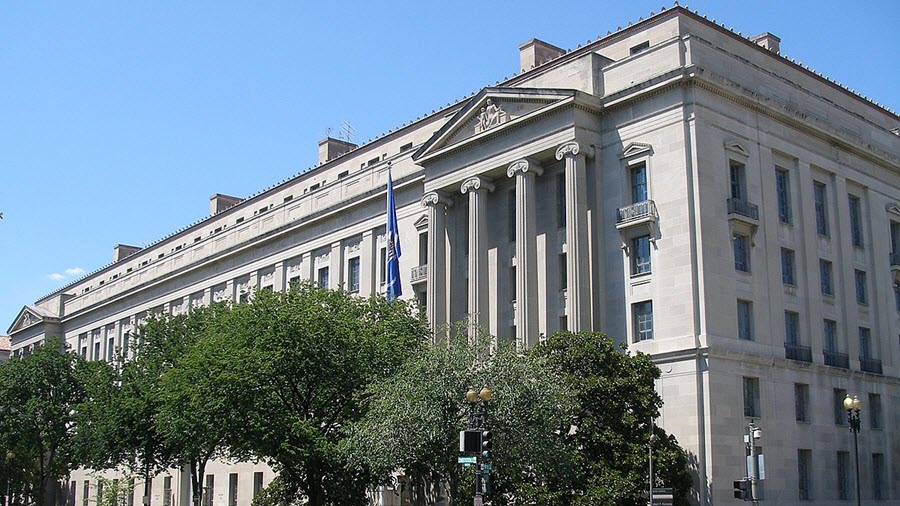DOJ Opposes Latest Version of USA Freedom Act

The smarter way to stay on top of the multichannel video marketplace. Sign up below.
You are now subscribed
Your newsletter sign-up was successful
While the Senate voted two weeks ago to reauthorize the USA Freedom Act, it has run into trouble in the House that makes it even less likely to pass muster with the Trump Administration, which now opposes the bill reauthorization.
The act restricts indiscriminate bulk collection of data by the NSA, part of an effort to rein in government mass surveillance programs adopted in the wake of 9/11.
It has become something of a legislative tennis match. The House passed a version in March, but the Senate changed it (in ways the Trump Administration did not like), so it had to go back to the House to re-vote. But the bill now has new changes there that have prompted the Justice to step onto the court, including an amendment that would prevent law enforcement from searching web browsing history without a narrowly tailored warrant.
The amendment, from Rep. Zoe Lofgren (D-Calif.), stipulates that:
"If the government is not sure if you’re a U.S. person, but you could be, the government cannot get your internet activity without a Title I FISA warrant.
"If the government wants to order a service provider to produce a list of everyone who has visited a particular website, watched a particular video, or made a particular search query: the government cannot make that order unless it can guarantee that no U.S. persons’ IP addresses, device identifiers, or other identifiers will be disclosed to the government.
"This amendment does not allow for the incidental collection of U.S. persons’ web browsing or search information when the target is a specific-selection term that would or could produce such information.
The smarter way to stay on top of the multichannel video marketplace. Sign up below.
"This prohibition is a strict liability-type provision. (It isn’t a knowledge standard or a reasonable-belief standard. An order must not result in the production of a U.S. person’s web browsing or search information.)
"If the order would or could result in the production of a U.S. person’s web browsing or search information, the government cannot order it without a Title I FISA warrant that must be narrowly tailored toward the subject of the warrant.
But that provision, and now the underlying bill, does not fly with Justice.
Assistant Attorney General Stephen Boyd said Wednesday (May 27) in a statement: “The Department worked closely with House leaders on both sides of the aisle to draft legislation to reauthorize three national security authorities in the U.S.A. Freedom Act while also imposing reforms to other aspects of FISA designed to address issues identified by the DOJ Inspector General. Although that legislation was approved with a large, bipartisan House majority, the Senate thereafter made significant changes that the Department opposed because they would unacceptably impair our ability to pursue terrorists and spies."
"Given the cumulative negative effect of these legislative changes on the Department’s ability to identify and track terrorists and spies," said Boyd, "the Department must oppose the legislation now under consideration in the House. If passed, the Attorney General would recommend that the President veto the legislation.”
The USA Freedom Act was first adopted in 2015 to end the bulk data collection under the USA Patriot Act. The USA Freedom Act must be periodically renewed by Congress or some provisions expire.
Contributing editor John Eggerton has been an editor and/or writer on media regulation, legislation and policy for over four decades, including covering the FCC, FTC, Congress, the major media trade associations, and the federal courts. In addition to Multichannel News and Broadcasting + Cable, his work has appeared in Radio World, TV Technology, TV Fax, This Week in Consumer Electronics, Variety and the Encyclopedia Britannica.

